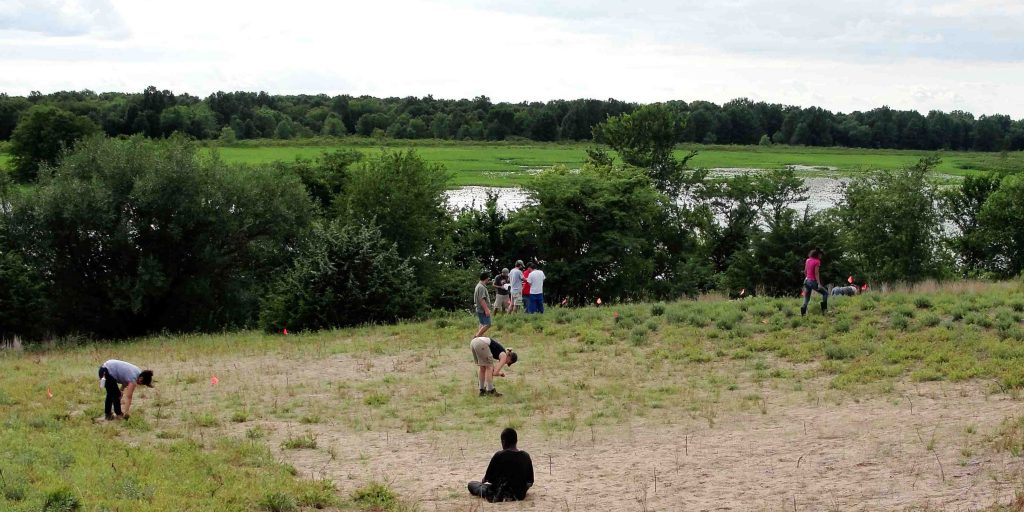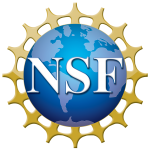Ecological and Evolutionary Herpetology

People | Projects | Publications & Software | Turtle Camp
We are a research facility centered at the W.K. Kellogg Biological Station, in Southwest Michigan.
Research
Our research interests involve the study of ecology and evolution, including mechanistic work at the molecular and organismal levels, field studies that document the importance of phenotypic variation, and a comparative view of the long-term consequences of this variation. To do so, we often integrate molecular and quantitative genetic techniques with experimental laboratory and field studies, largely focusing on the impact of environmental and genetic factors in mediating the expression of physiological, behavioral, and life-history traits.
Using these conceptual approaches in concert with comparative techniques enables us to assess important biological issues, including
- the biological significance of diverse sex-determining mechanisms,
- the impacts of environmental and genetic factors on variation in early life-history traits, and
- the current and historical genetic and demographic structure of populations, with an emphasis on elucidating adaptive processes and solving conservation concerns.
What we study
Our focal study organisms are usually reptiles, especially turtles, because they exhibit tremendous diversity in sex-determining mechanisms (including temperature-dependent sex determination) and in their life histories, rendering them excellent subjects for our topics of research interest, such as:
- molecular phylogenetics, phylogeography, and conservation genetics of reptiles,
- population dynamic responses of turtles to exploitation by humans, and
- ecology and evolution of sex ratio and sex-determining mechanisms in natural populations, including assessments of inheritance of these traits in nature and their sensitivity to climate change and human habitat modification.

So we should study every creature without disdain, for each will reveal to us something natural and beautiful.
~ Parts of Animals by Aristotle

Most of the research described herein and the development and maintenance of this and the associated web pages has been graciously supported by past (DEB-9629529, DEB-9741936, DEB-9841830, DEB-9941689, IBN-0080194, DEB-0089680, IBN-0212935, and DEB-0640932) and present (DEB-1242510, IOS-1257857, and supplemental) NSF grants.
Any opinions, findings, and conclusions or recommendations expressed in this material are those of the author(s) and do not necessarily reflect the views of the National Science Foundation.

A legacy of conservation; a commitment to sustainability.
3700 E. Gull Lake Drive
Hickory Corners, MI 49060
(269) 671-5117
info@kbs.msu.edu